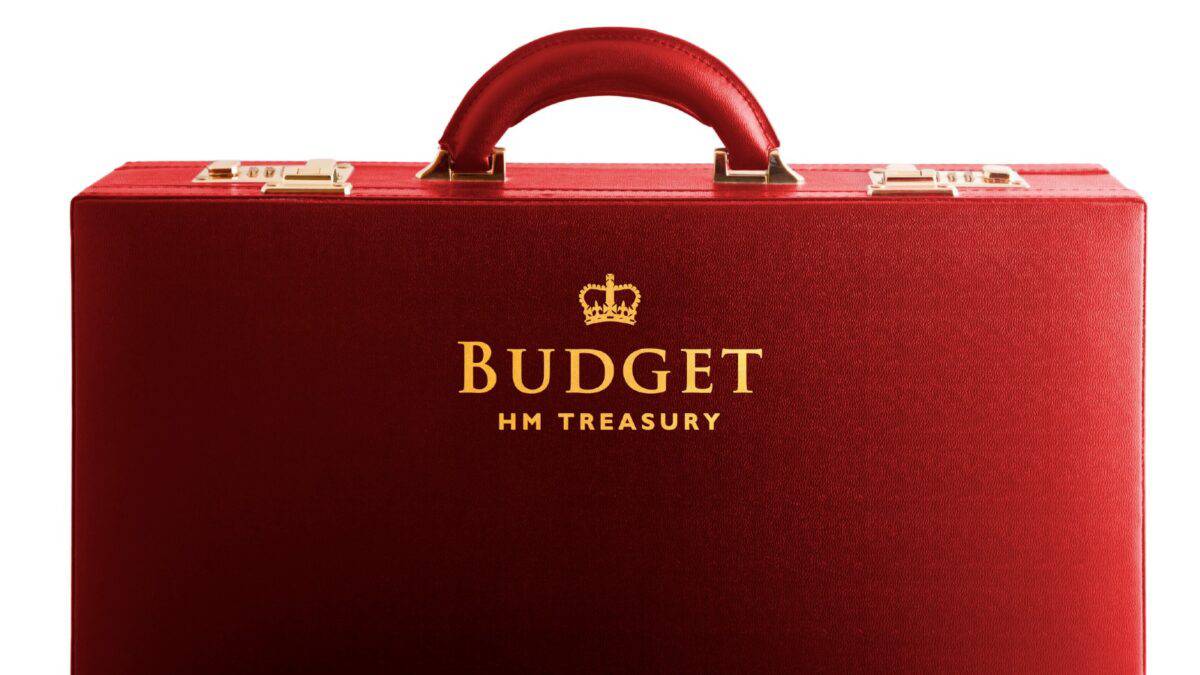
Image source: Getty Images
This week the UK government introduced its new budget, aimed at encouraging economic growth and improving the country’s fiscal balance. However, with £40bn worth of tax increases, many UK stocks could be affected.
Announced on Wednesday, 30 October, the budget includes changes in capital gains tax, inheritance tax, corporation tax for various sectors, and increases in taxes on certain goods.
It’s expected to raise GDP growth by 2% in the coming year. But what does it mean for UK companies?
Breaking down the tax implications
With capital gains tax (CGT) rising from 10% to 18% on the lower rate and 20% to 24% on the higher rate, investors without the benefit of an ISA will feel the pinch.
While corporation tax on large businesses was not increased, there are some changes to taxes affecting certain sectors.
Here are some stocks that could benefit from the changes.
Renewable energy
Benefits for electric vehicles (EVs) are to be introduced in 2028 and there will be increases in duty for non-electric vehicles from April 2025. Clean energy stocks like Ceres Power Holdings could benefit from increased demand for EV infrastructure and renewables.
Construction
Companies like Balfour Beatty and Kier Group may benefit from a promise of fresh investment into large infrastructure projects like the High-speed Rail 2 (HS2).
Telecoms
With the government keen on increasing digital and tech infrastructure, telecom stocks like BT Group may benefit from additional investment.
Healthcare
Increased funding for the NHS, including the promise of 40,000 additional appointments each week, could benefit healthcare companies and suppliers like Smith & Nephew.
Best of both worlds
Considering the above, there’s one stock I believe could benefit from several of the new policies.
Primary Health Properties (LSE: PHP) is a real estate investment trust (REIT) that specialises in healthcare premises. Its portfolio exceeds 500 properties with a combined value of £2.8bn. These consist primarily of GP practices and healthcare centres across the UK and Ireland.
Not only could it benefit from the investments in construction and healthcare but it has a dedicated green energy policy. It focuses on designing and managing properties with low environmental impact, targeting net-zero carbon emissions by 2040.
REITs offer a fantastic passive income opportunity as they’re legally obligated to distribute at least 90% of their taxable income as dividends.
Please note that tax treatment depends on the individual circumstances of each client and may be subject to change in future. The content in this article is provided for information purposes only. It is not intended to be, neither does it constitute, any form of tax advice.
Investment thesis
In its latest half-year interim results announced in July, net rental income was up 0.9% on last year with earnings per share (EPS) up 2.9%.
Its balance sheet looks okay but debt is a slight concern.
As a REIT, Primary Health relies on debt to finance its property acquisitions. With a debt-to-equity ratio near 0.97, rising interest rates could impact its financing costs and profitability. Higher rates increase debt-servicing costs, which could strain cash flow and reduce earnings. That’s one risk to keep in mind.
However, the key factor that I find attractive is dividends. It has a 7.4% yield and a solid track record of payments. For the past 10 years, dividends have increased at a rate of 3.4% per year, growing from 4.94p per share in 2014 to 6.9p this year.
With a manageable payout ratio of 67%, I don’t expect any dividend cuts or reductions in the near future.













